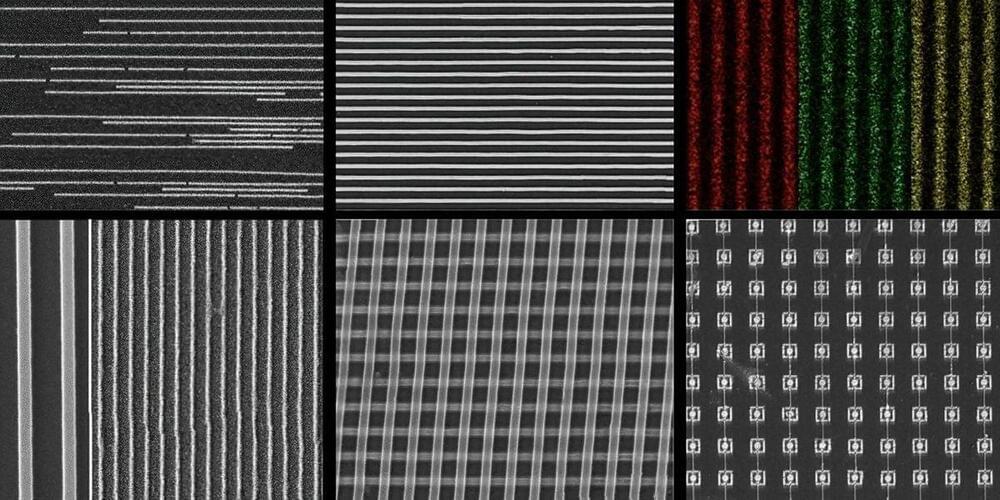Just as humans can use the taps of Morse Code or the patterns of smoke signals to communicate precise messages, infants show a remarkable flexibility to interpret nonlinguistic signals to aid their learning.
But what conditions are required for babies to elevate new nonlinguistic signals in this way? And how early can they do so?
Sandra Waxman, the study’s senior author, and her colleagues discovered that infants as young as six months old were able to harness nonlinguistic signals for learning, a surprising finding because at this age, babies are just beginning to acquire their own language.
The evidence revealed the conditions under which babies conferred communicative status to the novel tone signals and then recruited them to successfully complete a learning task. Infants’ success did not depend on whether the signals were produced by humans, or in a give-and-take interchange between individuals. Instead, what mattered was cross-modal temporal synchrony, in other words, if the method of signal delivery included synchronized sound and movement.
Six-month-old infants use cross-modal synchrony to identify novel communicative signals. Sci Rep 14, 27859 (2024). https://doi.org/10.1038/s41598-024-78801-9






